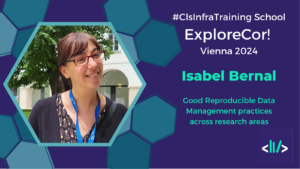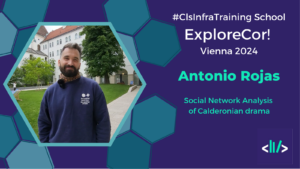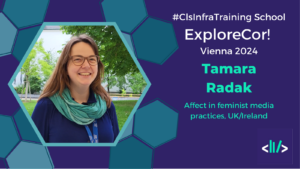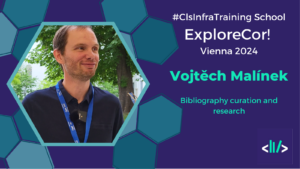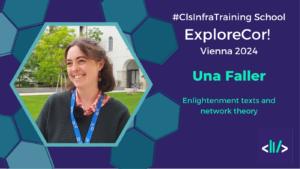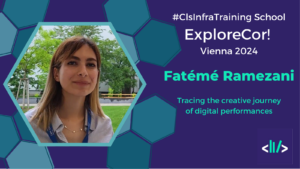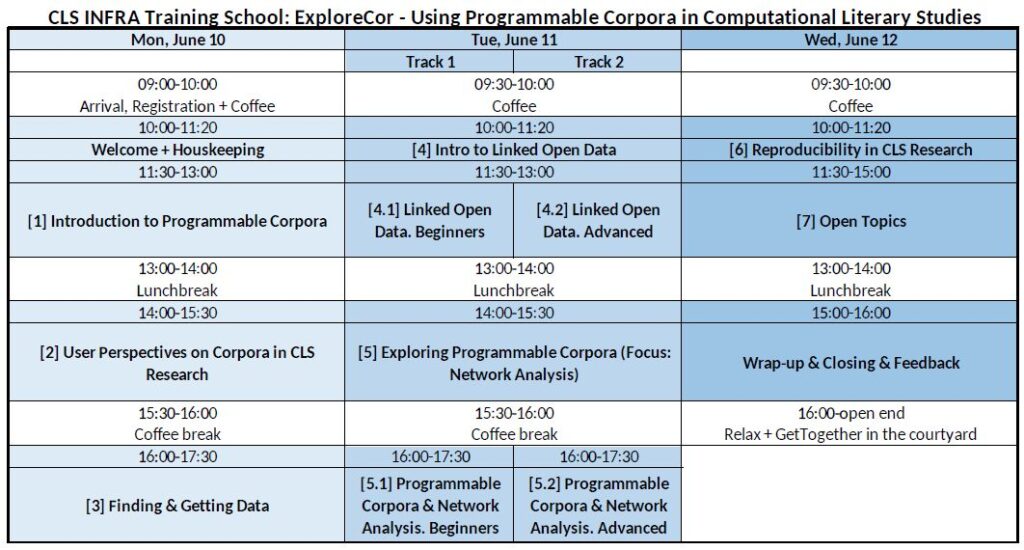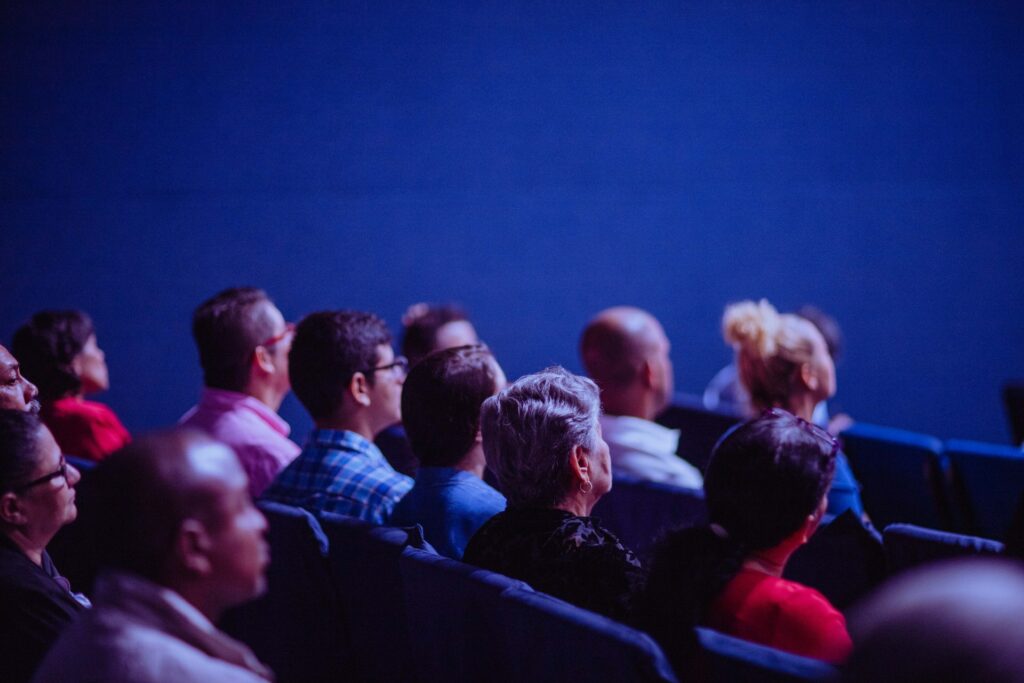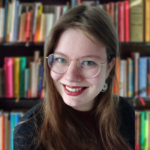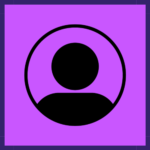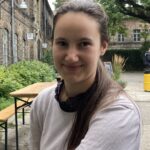FAQ
Most frequent questions and answers
Please bring a laptop computer and suitable adapters for European socket outlets (should you need them).
If you would like to work on your own corpora or documents, please take them with you in digital form (link to a repository, USB stick, etc.).
- Download and install:
- Gephi – download here
- Docker Desktop – download here
- After installing Docker, go to https://github.com/dracor-org/dracor-explorecor and follow the instructions in the ‘setup of a local DraCor environment section.
- At the end of this process there should be a local Jupyter Lab instance running under http://localhost:8899
Participation of the CLS Infra Training School is free.
Lunch and 2 Coffee breaks and refreshments each day are included as well as snacks and drinks at the “Get Together” on Wednesday, 12th of June 2023
Please find more information on accommodation and travel reimbursements in the texts below.
Please note that we have a limited budget for the reimbursement of travel expenses.
If possible, travel expenses should be handled/covered by your respective institution.
In special cases, we may grant a reimbursement of up to €300 for travels from abroad within the available budget limits.
Participants travelling within Austria may apply for a CLARIAH-AT travel grant.
Participants applying for any of the above mentioned reimbursement possibilities are requested to pre-finance the travel costs and submit the corresponding invoices.
More information will follow. Contact Coordinator Anna Dijkstra with logistics questions (anna.dijkstra[at]huygens.knaw.nl)
Address: 1010 Vienna, Bäckerstraße 13 (Seminar room 1+2 on ground-floor level)
See the Team section above.
Due to the personalized and tailor-made nature of this training school, there will be no public live-stream of the sessions. However, the DARIAH-Campus platform will host training materials and recordings of plenary sessions post-event. See here for training materials from our Prague training school and here for the materials from our Madrid training school.
- When registering for the training school, participants will be given the opportunity to allow or deny permission to appear in recordings of the event.
Please state your dietary requirements in the application form. Vegetarian and vegan options will be offered in any case, but we will also try to accommodate any special requests as best we can.
Here is the timetable in PDF form: TS_Vienna_timetable
We ask you to attend all workshop days to deliver you the most complete and integrated learning experience.
We are planning to have a “Get Together” on Wednesday, 12th of June 2024 evening in the courtyard of the ACDH-CH
More details will follow.
Applications opened 15 Jan 2024.
Applications closed 15 Feb 2024.
Notification of acceptance was sent Mid-Mar 2024.
Please find our project at twitter.com/CLSinfra and fedihum.org/@CLSinfra When posting about the training school, please use hashtag #CLSInfraTraining!
Vienna Training School is the third of a training school series hosted by the European infrastructure project CLS INFRA. Read more about our objectives here.
Scroll to the bottom of this page to access the materials from our previous two training schools.
Please reach out to our Training School contact Anna Dijkstra: anna.dijkstra[at]huygens.knaw.nl


